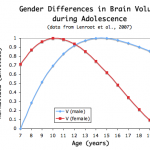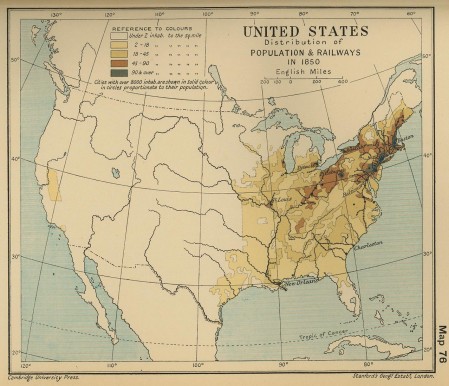One of my students, Ms. Piper Ziebarth, had the audacity to agree with me, enthusiastically, when I mentioned that my writing could do with a little editing. She also had the temerity to call one of my more artistically designed paragraphs, “boring.”
So I offered her the chance to intern at the Muddle as an editor and reviewer.
This week, most of my students are off seeing a little of what it’s like to have a real job. Apart from getting them out of my hair for a week, the internships are intended to allow them to build some self-esteem by contributing to society (internships must be unpaid), practice speaking and acting in formal situations, and exercise the most interesting and challenging aspect of learning by applying their knowledge in new areas.

I offered Piper the chance to work with me because she’s a gifted writer, from whom I would do well to learn. Unlike my own, her writing is clear and concise, with strong emotional subtexts that draw the reader in. She’s also internalized the lesson that the revision process is essential, so her work benefits from a strong, critical eye.
Piper’s also one of my more prolific student bloggers.
I’ve not worked at a newspaper or magazine, so I’m only vaguely familiar with their traditional editing process. I have seen both sides of the scientific peer-review process, but there, the focus is more on making sure the end result is scientifically accurate. There, the use of scientific jargon is essential for clarity when communicating among scientists working in a specialized field. While I greatly enjoy the freedom of blogging, I often find myself being pulled into that careful style of scientific writing.
Hopefully, Ms. Ziebarth can help pull me out of it.
Over the next week, my challenge will be to not mention schoolwork, and all the other things we have going on in the classroom, and let Ms. Ziebarth focus on editing and revising.
Ultimately, what shows up on the blog is my responsibility, and I can be quite stubborn. But, hopefully, I’m old enough to learn how to use a good editor and reviewer well.


